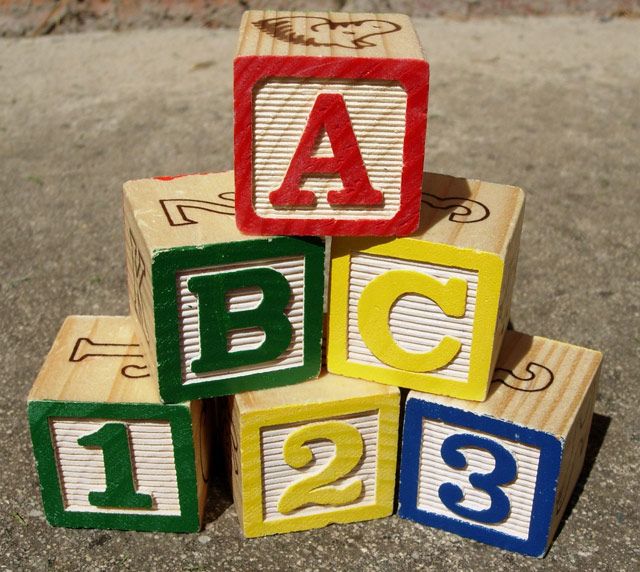Day Care Providers No Substitute for Mom

Dropping an infant or toddler off at day care can be a wrenching daily experience for harried modern parents who feel they don't see enough of their son or daughter.
One worry: The child will grow more attached to the day care providers than the parents.
A new review of 40 studies on this topic by European researchers indicates parents can rest relatively easy on this concern. The review involved studies of nearly 3,000 children with an average age of two-and-a-half. It did find reliable associations in how children feel about their parents and child-care providers. But significant differences were found, too:
- Children are less likely to form secure attachments to care providers.
- The longer children had been enrolled, the more likely they were to have secure relationships with their care providers.
- A child's feelings about a care provider is strongly related to the provider's behavior toward all the children.
"In contrast to earlier concepts on childcare providers' functions," said lead researcher Lieselotte Ahnert, "we should not see care providers in public care as mother substitutes, dealing sensitively with individual kids, but understand how they regulate groups of kids while providing a harmonic climate to play and learn."
Ahnert is a psychologist at the University of Berlin and the University of Applied Science. The results are presented in the May/June issue of the journal Child Development.
The study also found girls are more likely than boys to have positive relationships with care providers. It is possible that girls attract more positive attention from care providers, who are overwhelmingly female, the researchers speculate.
- How Babies Learn Their First Words
- Kids are Depressing, Study of Parents Finds
- More Parents Going High-Tech to Track Kids
- More Nursery School Children Going Online
Sign up for the Live Science daily newsletter now
Get the world’s most fascinating discoveries delivered straight to your inbox.











